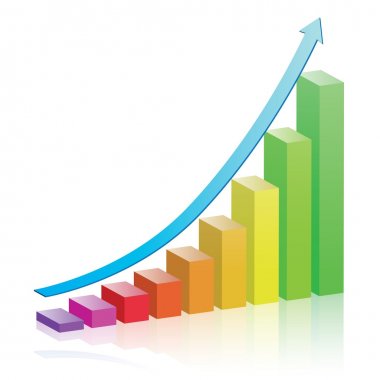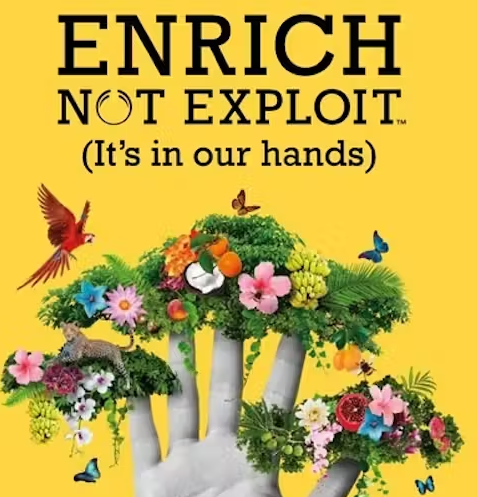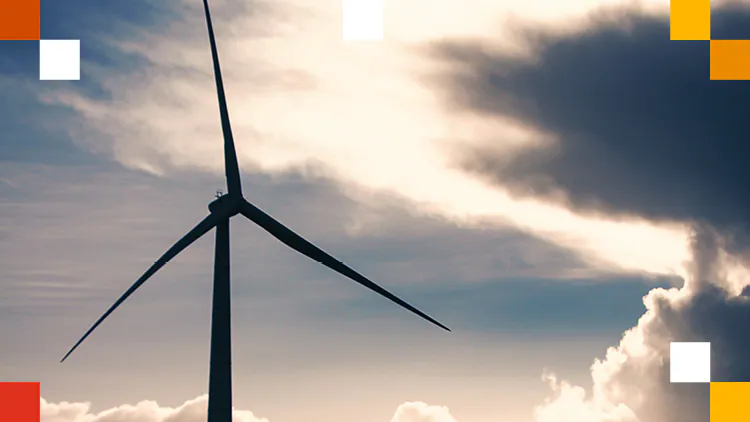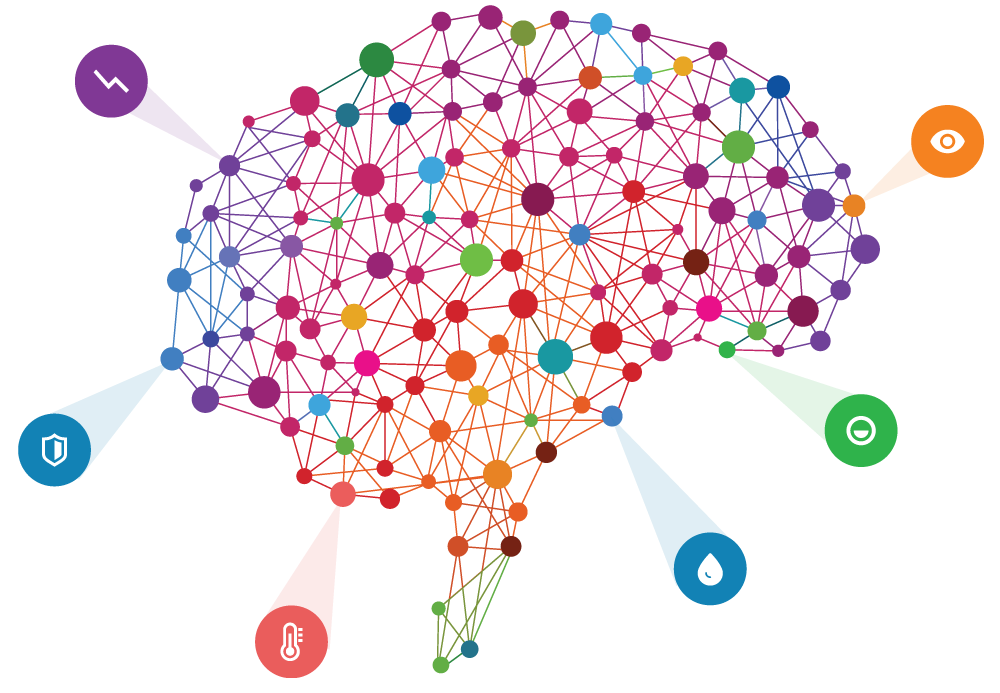SW News
Scaling The Solutions

Scaling the solutions
Change happens slowly, and then all at once. But it rarely happens by accident.
There are many things about the ‘wicked’ problem of climate change that make it difficult for human beings to solve: its complexity, its global nature, its too distant timeframe, and so on. One thing we are not lacking, however, is knowledge of what the solutions are. We know the solutions that will deliver a sustainable future. They are all there in front of us. Most of them are available already, others are in the works. In solving the problem of climate change, the challenge is not what are the solutions?…but rather how do we scale the solutions. Exponentially?
This idea of exponential change is a fascinating one. What does it look like? And how do you create the conditions to make it happen? Enter: the Exponential Roadmap initiative which brings together some of the world’s leading climate solutionists to tell us the answer. Their work draws on Project Drawdown (one of SW’s go to info sources) and insights from Sitra, the Finnish Innovation Fund. The first Exponential Roadmap, launched in 2018, describes 36 solutions with exponential scaling potential to halve global greenhouse gas emissions by 2030. The second, launched in September 2022, hones in on a sub-set of those solutions – nature-based solutions (linked to agriculture, forestry and other land uses) that can play a critical role in stabilising the climate. Both reports lay out in very clear and easy to understand terms how we scale for exponential positive change. When you see it set out in black and white it’s both exciting and daunting.
All of our efforts must now be focused on deploying and scaling these climate solutions faster than we have ever done before. The next decade must see the fastest economic transformation in history. Think of the creation and scaling of the Covid-19 vaccine, but x10…or even x100. Everyone has a role to play, from policymakers, to business and finance leaders, to citizens and grass roots movements. The clock is ticking but the solutions are there. As Sir David Attenborough said recently: “We can do it. We must do it.” And fast.
Top 5 Articles
Here’s a roundup of recent articles and reports that caught our attention:
- Net Zero Economy Index: in case you need a reminder for why rapid scaling of climate solutions is so urgently needed, look no further than this report from PWC which shows that progress on decarbonisation over the last 12 months has declined, with 2021 being the lowest level in over a decade. A serious reality check. (PWC)
- Climate economy set to explode: on a more positive note, the Inflation Reduction Act in the US could have a larger impact than expected, with a Credit Suisse report declaring that for big corporations, the Act “definitively changes the narrative from risk mitigation to opportunity capture.” (The Atlantic)
- Consumer confusion: recent research from the UK Advertising Standards Authority found that the majority of people would feel misled if brands claim carbon neutrality using only carbon offsets. This follows on from the fact there is little consensus from consumers on the meaning of ‘carbon neutral’ and ‘net-zero’. (Edie)
- CDP tackling plastics: annual CDP disclosures are to include additional questions and metrics on plastics. CDP’s approach will be collaborative and guided by the Ellen MacArthur Foundation and UNEP’s Plastics Economy framework. (CDP)
- Banks ready to quit GFANZ: some members of the Glasgow Financial Alliance for Net Zero who publicly committed their banks to net-zero carbon emissions by mid-century, are considering quitting the alliance because of its position on the financing of fossil fuels. It begs the question – what did they think a net-zero commitment actually meant? (Bloomberg Green)
Climate Scenario Planning
Business for Social Responsibility (BSR) has launched this excellent resource to help companies with TCFD-style climate scenario planning. There are three scenarios presented, each one explained in terms of what it will lead to:
- Current Policies (as of 2020), resulting in 2°C warming by 2050 and 3.3°C by 2100
- Net Zero 2050, where warming peaks at 1.6°C in 2050
- Delayed Transition, where emissions were halved in 2040 and warming peaked in 2050 at 1.8°C
Businesses can use these scenarios to test their climate strategy, challenge assumptions, uncover blind spots, and identify additional actions to address climate related risks and opportunities.
SW at Climate Finance Week
Congratulations to all those involved in the 5th annual Climate Finance Week Ireland, which ran last week. SW’s Laura Heuston – our resident climate finance expert – was involved in a number of the events:
- On Wednesday, Laura moderated a panel discussion on offshore wind and the role of private equity and the state in accelerating Ireland’s net-zero energy transition. The conversation focussed on tapping into Ireland’s natural wind resource and the need to build the right regulatory environment to harness the country’s offshore wind potential, ensuring our long-term energy security and transition to a net-zero energy grid. (YouTube)
- On Friday, Laura, alongside Ann Shiels, Founder of FinLexSus provided insights into the workings of the EU Taxonomy and the Sustainable Finance Disclosure Regulation (SFDR), noting key differences between Article 8 and Article 9 disclosure requirements. Laura discussed how the construction of new buildings could be classified as an EU Taxonomy aligned economic activity, reviewing the key technical screening criteria (TSC) required to qualify. (YouTube)
Climate Finance week also included the announcement and launch of a world first: a Professional Diploma in Sustainable Finance for Compliance Professionals. Launched by the Sustainable Finance Skillnet and IFS Skillnet, in collaboration with the Institute of Bankers in Ireland (IOB) and the Compliance Institute, the course will cover all sub-divisions in financial services and key regulatory requirements set by the European Commission.
Make your job a climate job
Inside most companies, only a handful of people with “sustainability” roles consider climate and sustainability issues part of their day to day work. But as we strive to scale up solutions and drive transformation in how companies operate, every job must be a climate job.
Project Drawdown has published Job Function Action Guides which highlight the role people can play within their particular function or department to help scale climate solutions. From finance to legal, marketing to sales, procurement to HR, they show how everyone can play their part.
What we’re watching
What We’re Reading
Sustainability Jobs
- Head of membership – Irish Green Building Council
- Head of Sustainability – Dunnes Stores
- Senior ESG Consultant – Climeaction
- Implementation Specialist, ESG – Diligent
- ESG Reporting Assurance Director – KPMG
- Global Assurance Comms & Engagement Assistant Director, Climate Change and Sustainability – EY
- Strategic transformation, Energy & Assets – Senior Consultant – EY
- Carbon and Sustainability Consultant – Arup
- Climate Change, Sustainability and Resilience (CCSR) practice – various roles – AECOM
- Assistant Lecturer, Innovation & Sustainability – TU Shannon
- ESG Coordinator, Environmental – ICON plc
- Corporate Responsibility Assistant – Abrivia Recruitment Specialists








